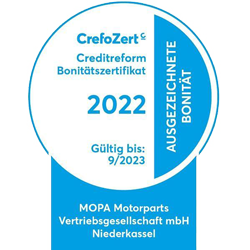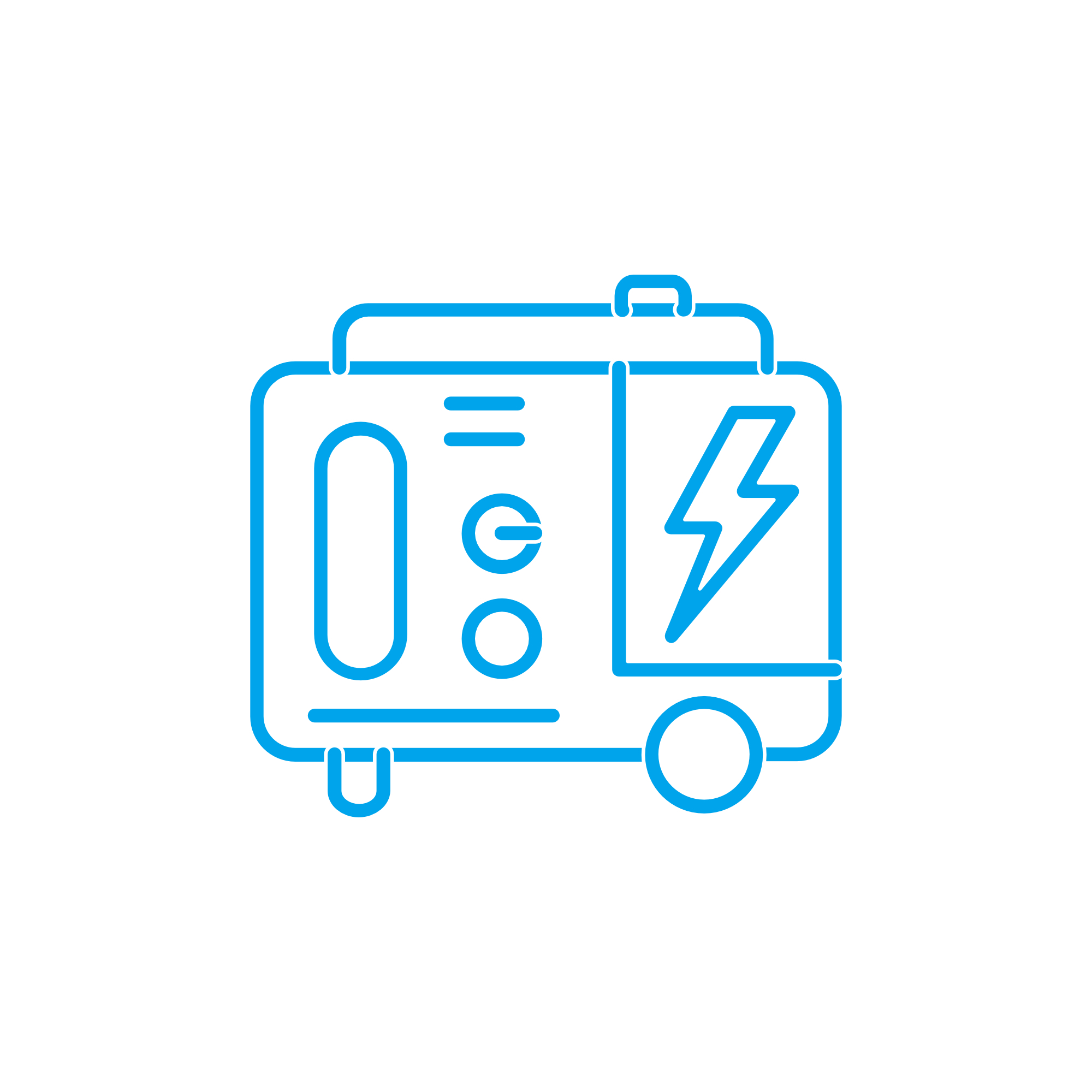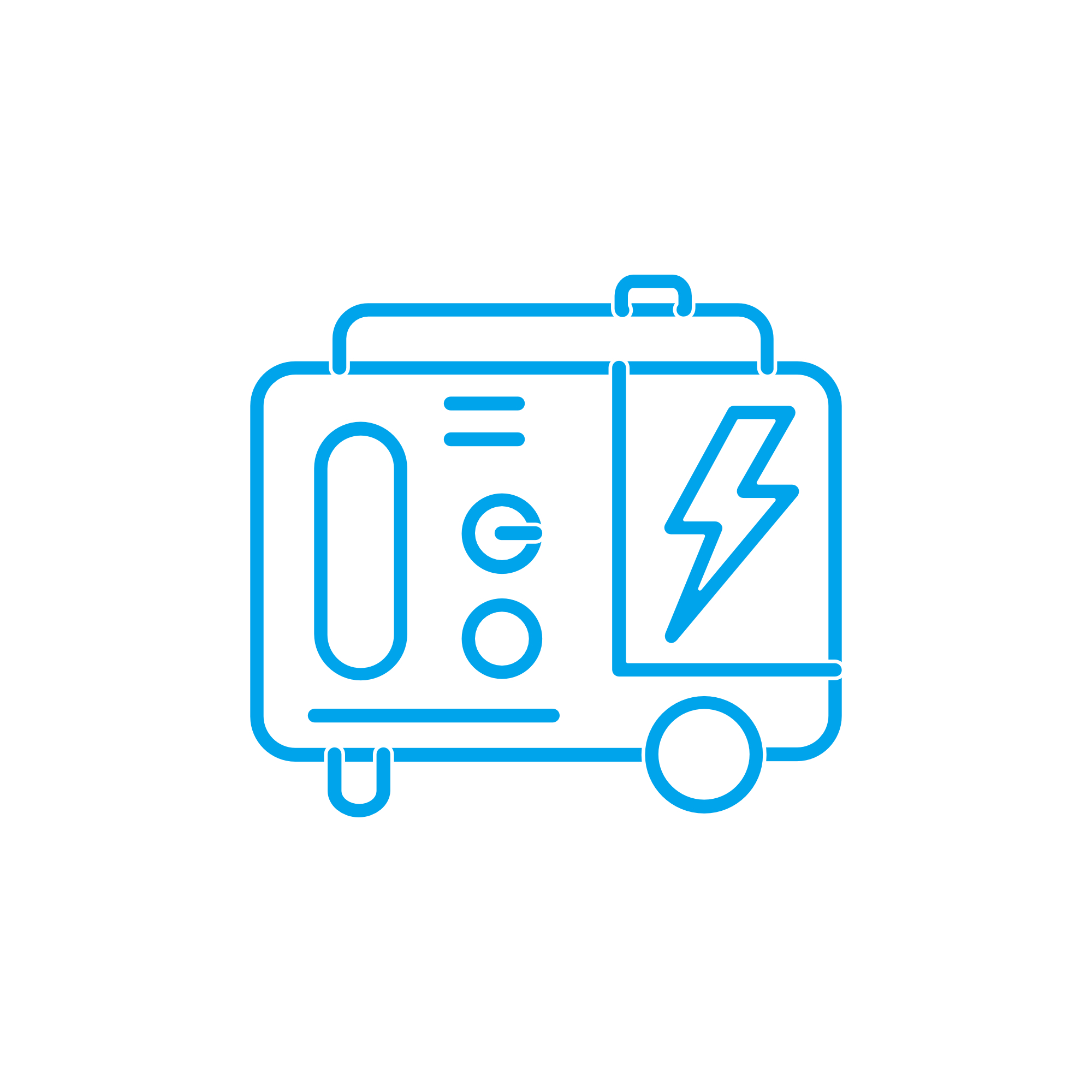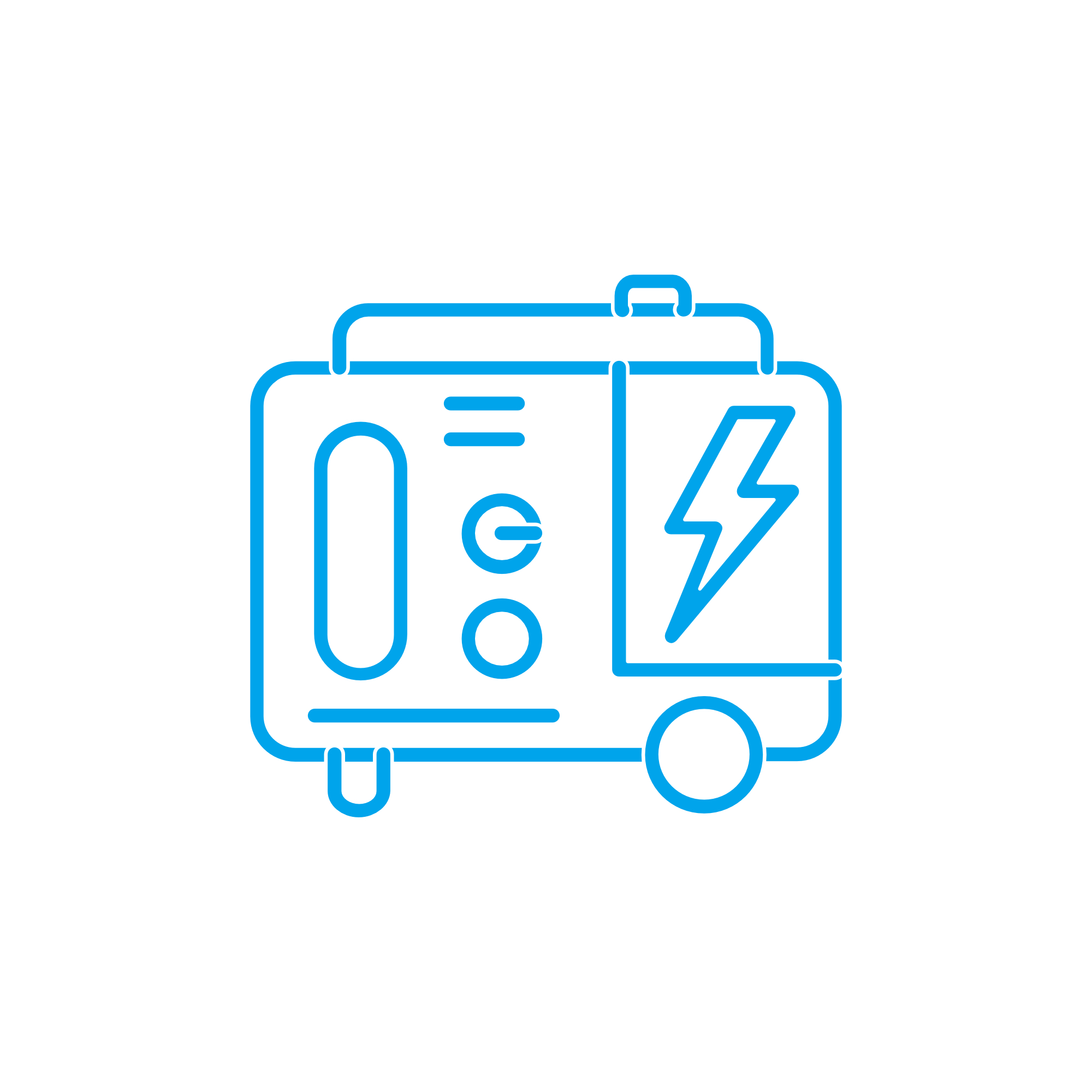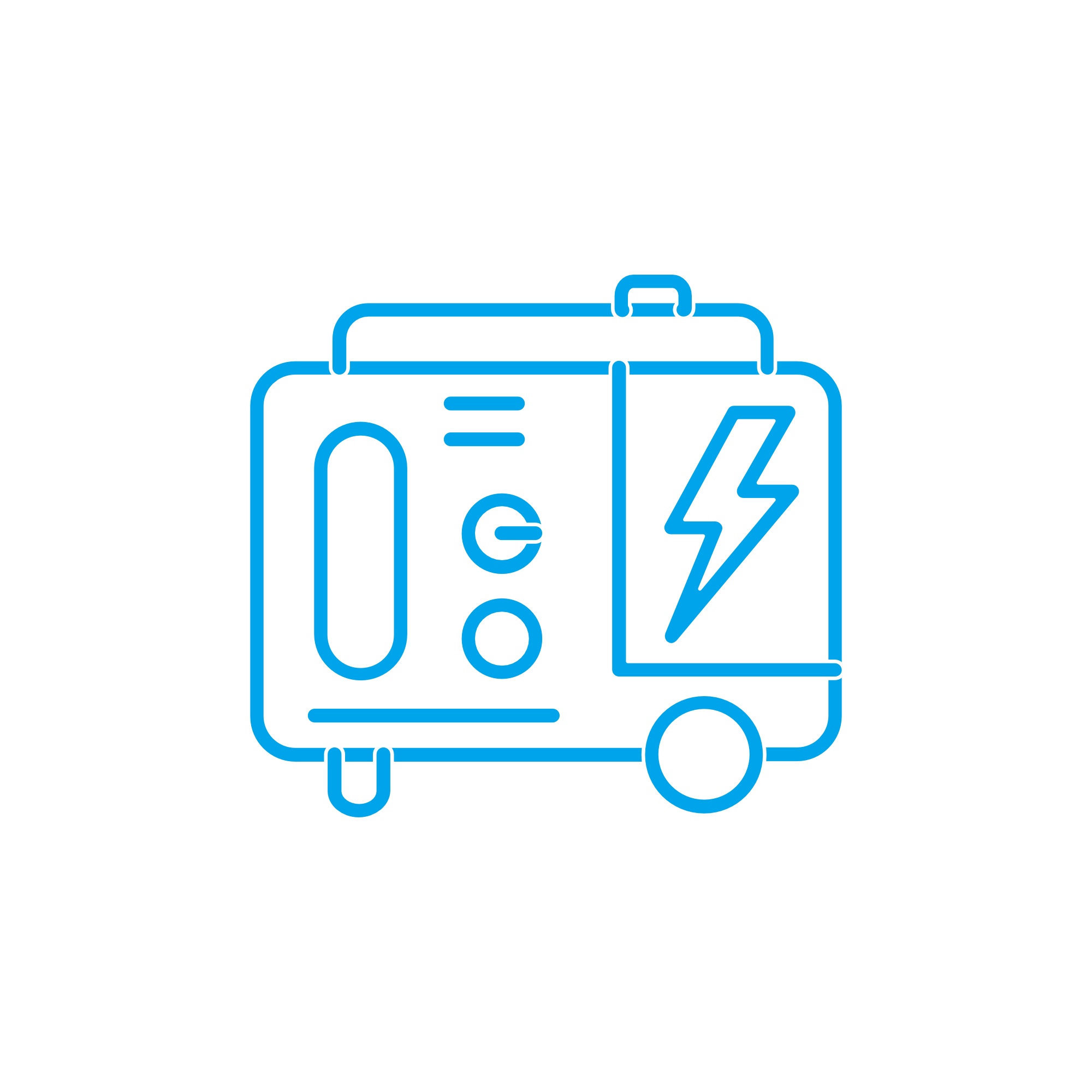Alternator and generator – reliable power systems
Alternators and generators are essential for supplying electrical power in engine-based systems. From marine vessels to industrial engines and auxiliary power units, the right alternator and generator setup ensures energy availability, system stability and operational safety. Whether as a generator engine for onboard electricity or an alternator motor for battery charging – efficient power generation is the foundation of reliable operation.
Function and benefits
An alternator converts mechanical energy from the engine into electrical current. Generators serve a similar function, with slightly different construction and use cases. In modern systems, a generator for diesel engine provides backup power or supports continuous onboard supply. Key advantages include:
- Reliable power for control systems, lighting, pumps and more
- Efficient battery charging during engine operation
- Support for hybrid energy systems and emergency functions
A marine alternator is built to withstand harsh environments such as humidity, salt exposure and vibration – making it an indispensable part of any boat alternators setup.
Types and applications
Alternators and generators vary by engine size, voltage output and cooling method. A generator engine may include integrated controllers or be part of a separate power management system. Alternator engines are common in ships, off-grid plants and diesel-powered equipment.
Alternator motors are typically found in engine-driven systems where continuous DC charging is required. In marine use, marine alternators and boat alternators are selected for corrosion resistance, sealed housings and marine-certified wiring.
Installation and maintenance
Correct sizing and alignment are crucial when installing an alternator and generator unit. Mounting brackets, belt tension, electrical connections and voltage regulation must meet OEM requirements. Maintenance involves checking bearings, output voltage, brushes (if applicable) and ensuring clean, corrosion-free connections.
We offer a wide range of alternators and generators suitable for MTU, Deutz, MAN, Volvo Penta and MWM engines – for marine, industrial and stationary applications. All components are selected for high durability, performance and fast availability from our warehouse.
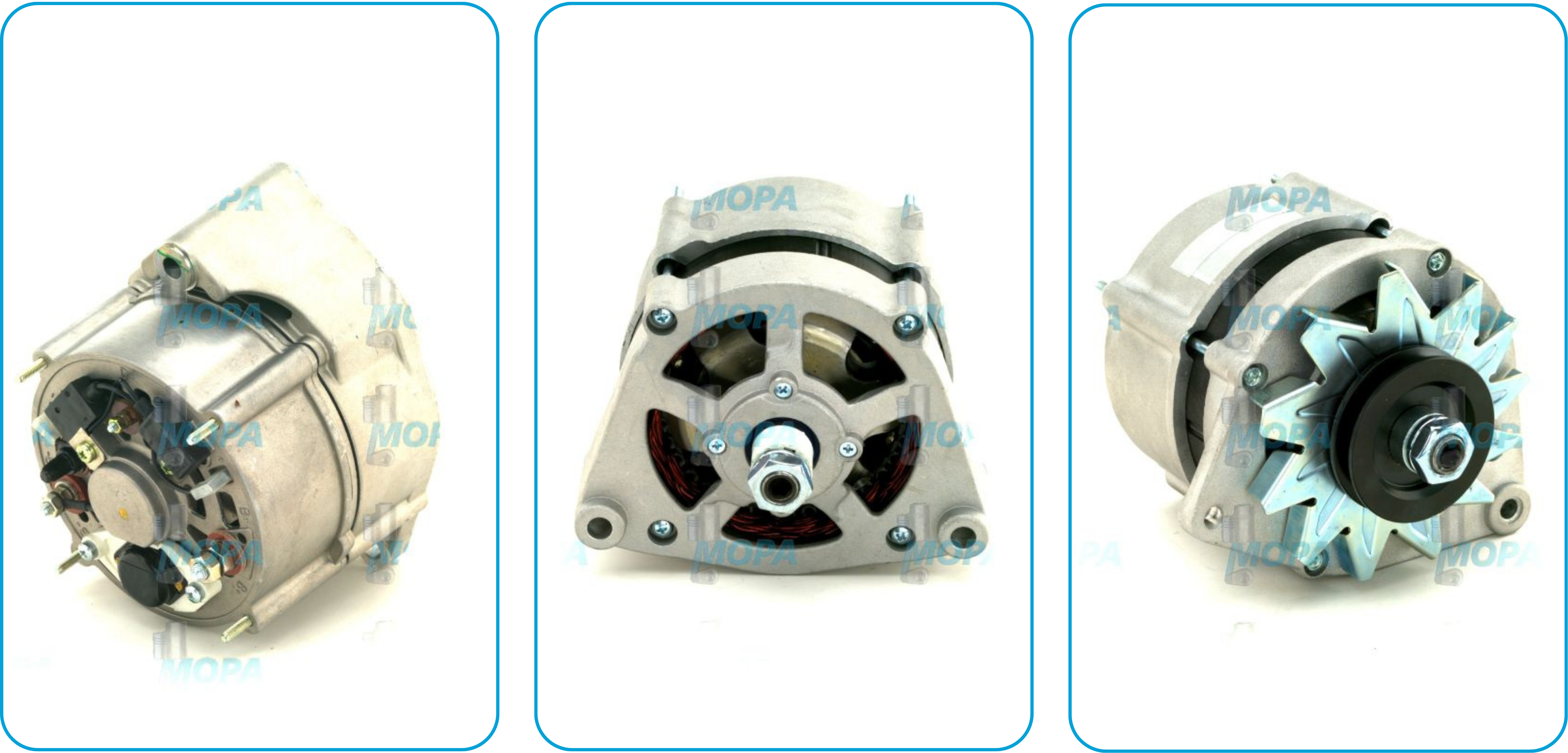
FAQ
Do boat motors have alternators?
Yes, most boat motors are equipped with alternators. They charge onboard batteries and power electrical systems while the engine is running. Marine alternators are specially designed to withstand harsh conditions such as moisture, salt and vibration.
Is the alternator part of the engine?
The alternator is typically mounted on the engine and driven by a belt connected to the crankshaft. While it's not a structural engine part, it is an integrated component of the engine’s accessory system.
How to check alternator on diesel engine?
To check an alternator on a diesel engine, inspect belt tension and connections, measure battery voltage before and after starting, and test alternator output with a multimeter. Voltage should rise when the engine is running, indicating proper function.
What is the difference between a motor and a generator?
A motor converts electrical energy into mechanical motion, while a generator does the opposite: it converts mechanical energy into electrical power. In an engine system, motors drive functions, while generators and alternators supply electricity.

